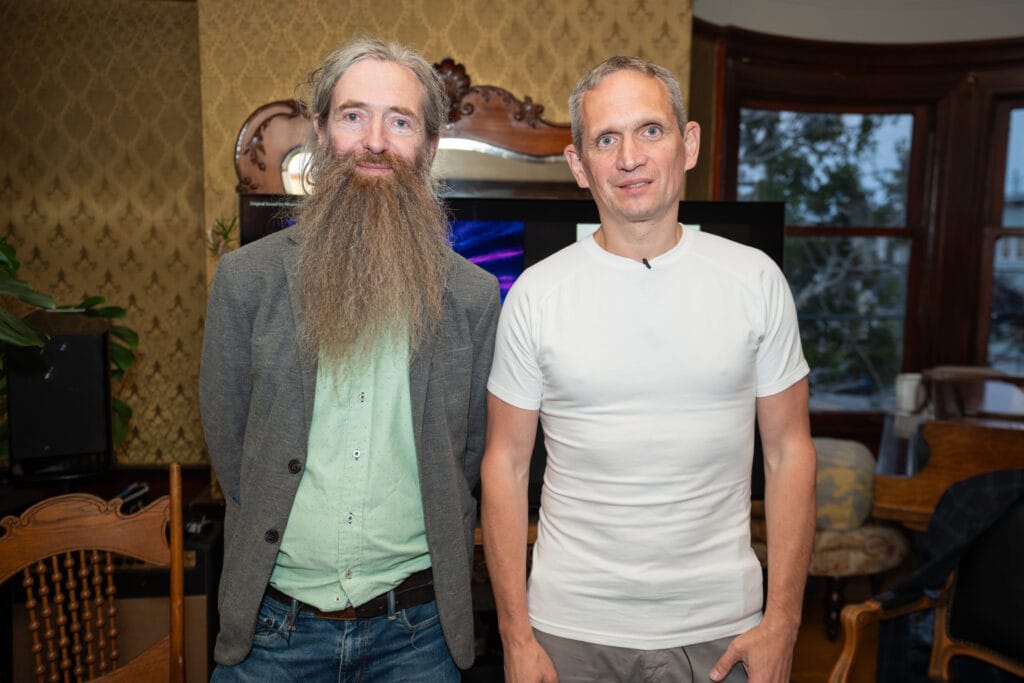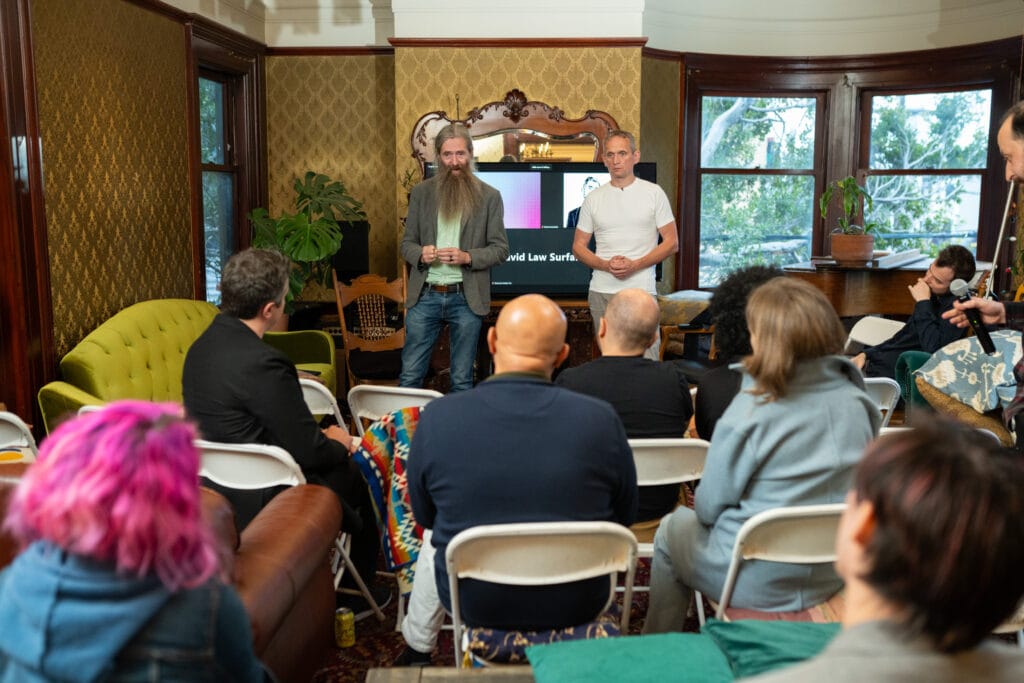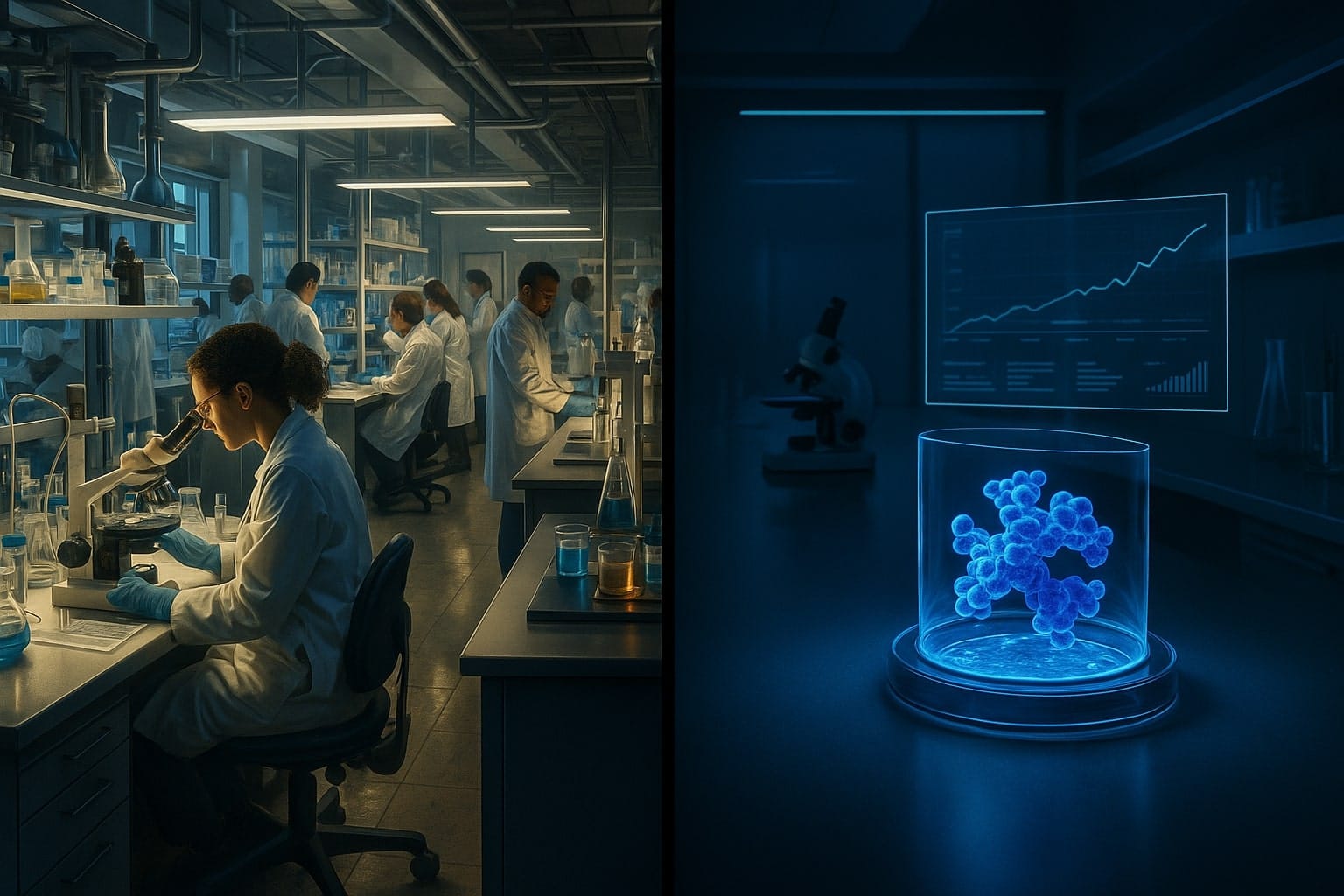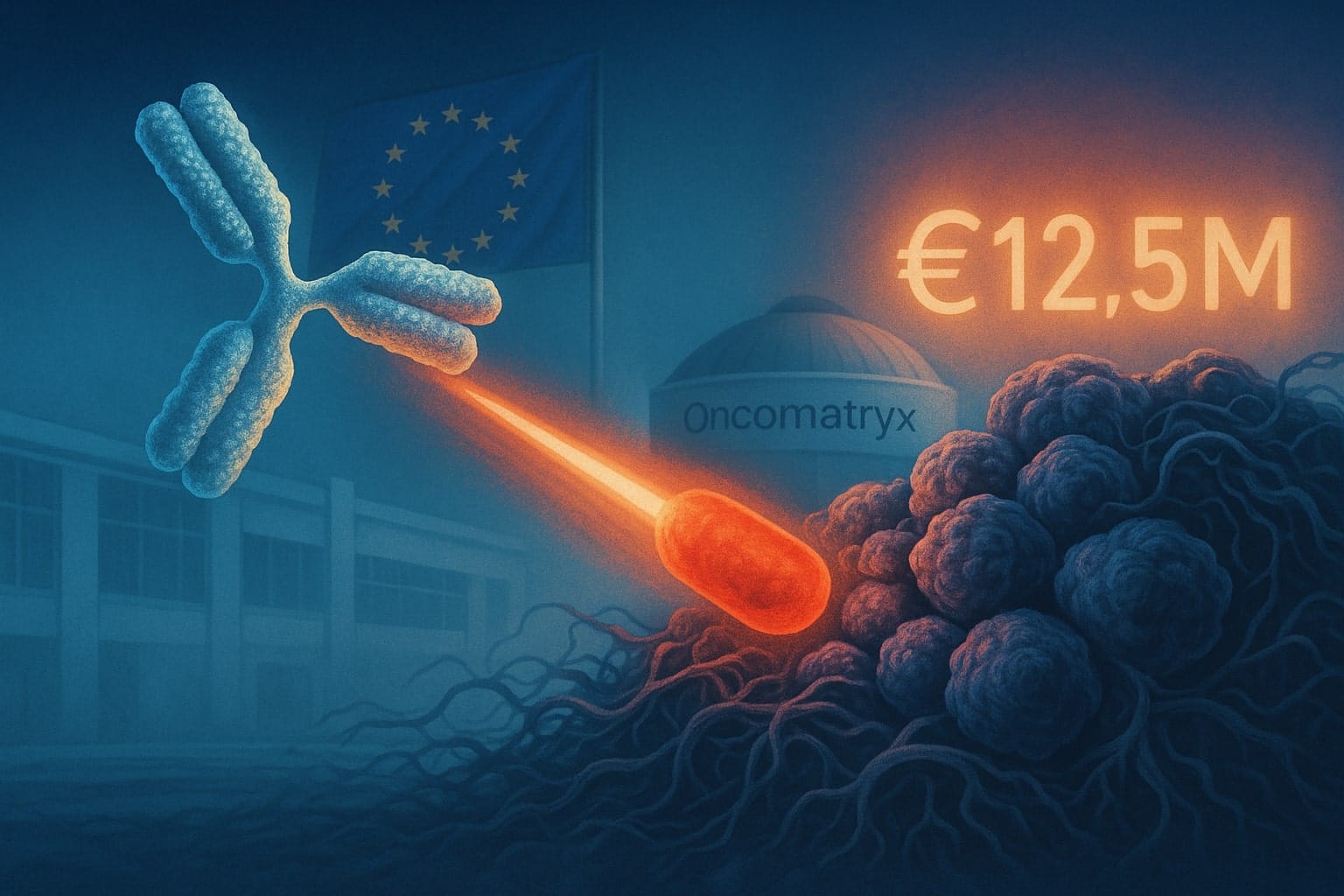Table of Contents
ToggleDebating the Future: Can Aging Be Halted or Reversed?
Introduction
The debate on whether aging can be reversed or halted features prominent experts Aubrey de Grey and Peter Fedichev, discussing the future of aging research. This event, hosted by the Foresight Institute, Say Forever, and Open Longevity, not only explores these critical perspectives but also offers a grand prize of $10,000 to further the winner’s research. The debate aims to determine which method—reversing aging through rejuvenation or halting it by managing damage accumulation—holds the most promise for significantly extending human lifespan in the next decade.
Background Information
Aging research is a rapidly advancing field with profound implications for human health and longevity. The potential to either slow down or reverse the aging process could lead to extended periods of healthy living, drastically reducing age-related diseases and improving quality of life. This debate captures the essence of two contrasting approaches within the longevity community, making it a pivotal moment in the ongoing quest to understand and combat aging.

Main Arguments
Aubrey de Grey’s Position: Aubrey de Grey, a leading biomedical gerontologist and president of the Longevity Escape Velocity Foundation, champions the Strategies for Engineered Negligible Senescence (SENS). This approach aims to repair and rejuvenate the body at the cellular and molecular levels by targeting various types of age-related damage, such as cell loss, mitochondrial mutations, and extracellular waste. De Grey argues that aging is a treatable disease and believes that comprehensive rejuvenation therapies can potentially reverse the aging process, thereby extending human lifespan significantly.
Peter Fedichev’s Position: Peter Fedichev, co-founder of Gero and a physicist specializing in aging research, takes a different stance. He posits that aging is primarily driven by the irreversible accumulation of damage, akin to increasing entropy. According to Fedichev, while reversing aging might be extremely challenging with current technology, significant strides can be made by slowing or halting the accumulation of damage. His research emphasizes the stochastic nature of aging and suggests that managing this damage could lead to substantial increases in healthy lifespan.

Debate Highlights: How to Defeat Aging?
Debate Highlights
The debate between Aubrey de Grey and Peter Fedichev was a high-stakes event that delved deep into the science and future of aging research. The participants presented compelling arguments, each advocating for different approaches to tackling aging.
Aubrey de Grey:
- Key Arguments:
- Rejuvenation Therapies: De Grey emphasized the potential of rejuvenation therapies to reverse aging by repairing cellular and molecular damage. His Strategies for Engineered Negligible Senescence (SENS) approach targets seven major types of damage, including cell loss, mitochondrial mutations, and extracellular waste.
- Radical Life Extension: De Grey argued that by periodically applying these therapies, it is possible to maintain a youthful physiological state indefinitely, potentially allowing people to live much longer and healthier lives.
- Scientific Advances: He cited recent progress in gene therapy, stem cell therapy, and regenerative medicine as evidence that the tools needed for rejuvenation are becoming increasingly feasible.
- Educational Advocacy: De Grey highlighted the importance of educating the public and the scientific community about the potential of longevity research to accelerate the development of effective therapies.
Peter Fedichev:
- Key Arguments:
- Stochastic Nature of Aging: Fedichev presented aging as a stochastic (random) process driven by independent microscopic failures that accumulate over time, making it difficult to control or reverse.
- Thermodynamic Irreversibility: He argued that some types of aging-related damage are thermodynamically irreversible, posing significant challenges to the effectiveness of rejuvenation therapies.
- Practical Interventions: Fedichev advocated for focusing on interventions that can slow down or halt the accumulation of damage, thereby significantly extending healthy lifespan. He suggested that current rejuvenation strategies might only extend life by 10-15 years.
- Scientific Understanding: He emphasized the need for a deeper understanding of the fundamental mechanisms of aging, advocating for the development of a theory of aging that meets the rigorous standards of physical and engineering sciences.
Outcome
The debate concluded with Peter Fedichev winning by a narrow margin, underscoring the importance of exploring both rejuvenation and damage-halting strategies in aging research. The event highlighted the complexities of aging and the necessity for continued exploration and open discussion within the scientific community to drive forward the development of effective therapies.
For more details, you can visit Open Longevity.












